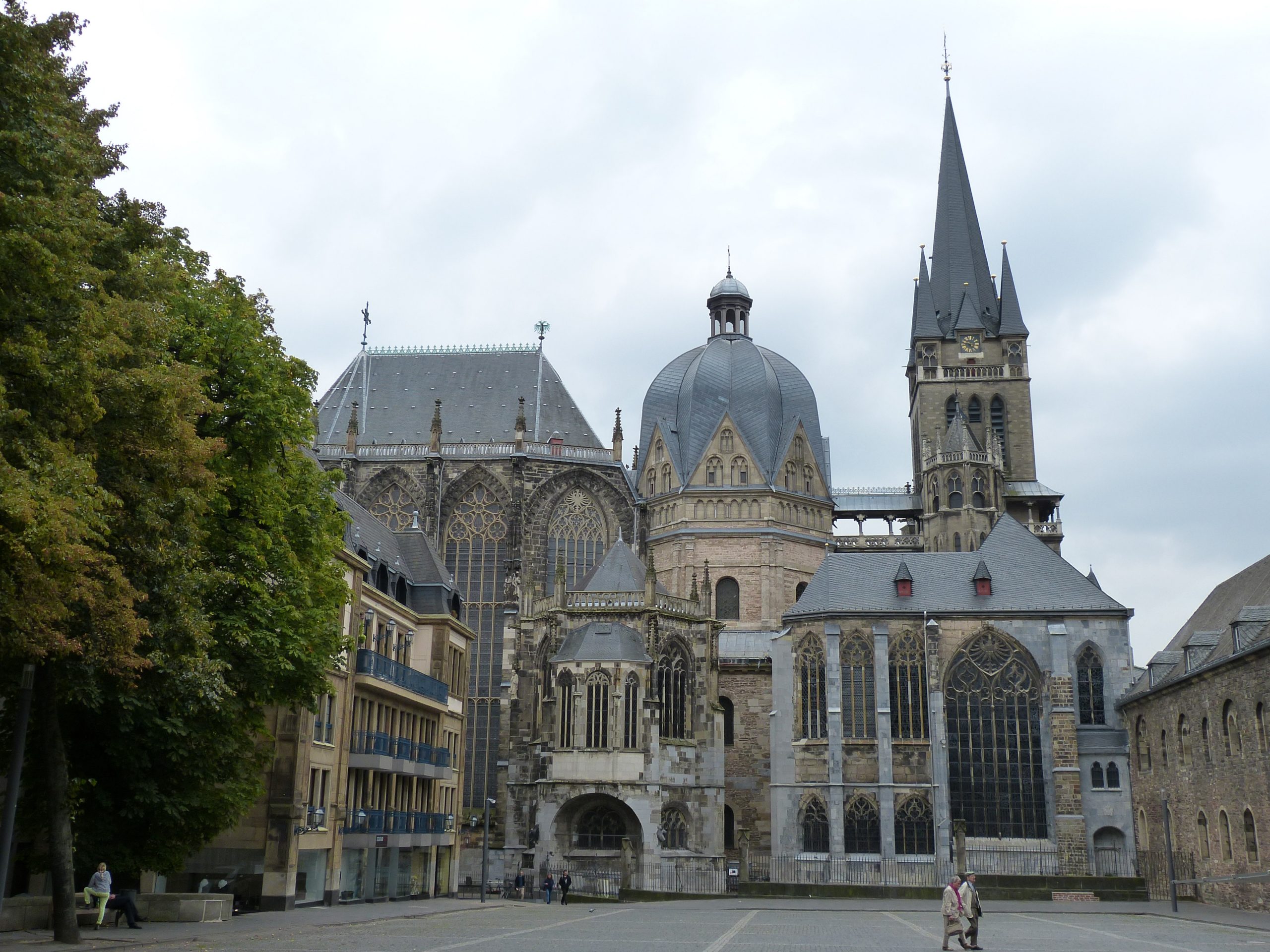
More cities get tough on diesel
The mayor of London and representatives of other British cities have called for a ban on sales of petrol and diesel cars to be introduced in 2030 – 10 years earlier than the earlier announcement by the UK government. Their call comes as a court in Germany has ruled that banning diesels from a historic city is a legitimate way to combat air pollution, and Milan has taken the first step towards banning diesels from the city by 2025.
The UK government announced earlier this year that it planned to ban sales of fossil-fuel cars and vans by 2040, but now the mayor of London, Sadiq Khan, has said the ban should come 10 years earlier in 2030. Supported by leaders from Liverpool, Manchester, Oxford, Newcastle, Bristol and other cities, Khan said: ‘Banning the sale of new petrol and diesel vehicles by 2030, providing support to deliver Clean Air Zones in cities, and introducing a national vehicle renewal scheme will dramatically improve our air quality and our health.’
Meanwhile, the mayor of Milan, Giuseppe Sala, has said a ‘progressive ban’ on diesels within the city centre will begin in January. Sala promised a ban on all diesels entering the city centre from 2025 in response to a campaign ‘NO2 – no thanks’ organised by T&E’s Italian member Cittadini per l’Aria (Citizens for Clean Air). The campaign involved hundreds of volunteers collecting pollution measurements throughout the city and then highlighting the health problems caused by poor air.
The ban will at first cover only older diesel cars meeting Euro 0, 1, 2 and 3 standards (effectively any diesel car sold in Europe before 2006), and only Mondays-Fridays during daytime. But the restrictions will gradually get tighter, with Euro-4 diesels (sold up to 2009) banned from October 2019. While the measures are modest, Italy has the oldest average age for its national car fleet, so the first phase of the ban will affect around a third of the city’s cars.
In another development related to urban air quality, a court in the north-west German city of Aachen (pictured) has ruled that a ban on diesel cars in the city centre is a legitimate means of tackling air pollution – indeed it is the most likely way to improve the city’s air quality. The court ruled that high-polluting diesel vehicles must be banned from the city famous for the emperor Charles the Great (Charlemagne) starting in January if the city and the state of North Rhine-Westphalia do not enact other equivalent measures to reduce air pollution.
In February, Germany’s highest administrative court ruled that diesel bans were both legal and effective in tackling high levels of nitrogen oxides, as long as they were applied fairly. Hamburg has since introduced a ban on pre-Euro 6 diesels from using one of the city’s main roads. Earlier in June the court also confirmed that Stuttgart, the car capital of Germany, is allowed to enact a diesel ban.
